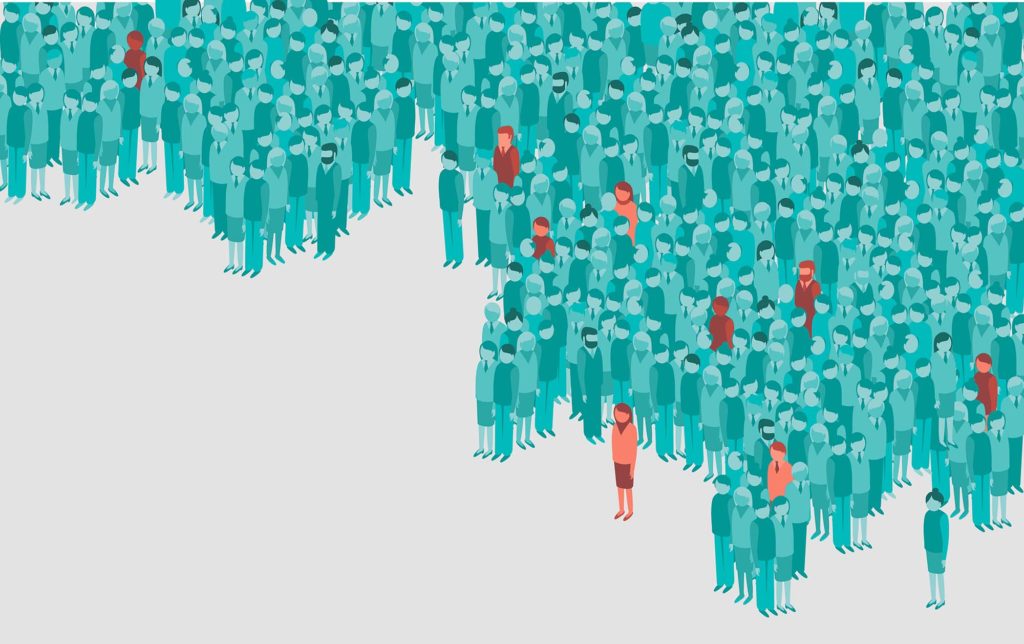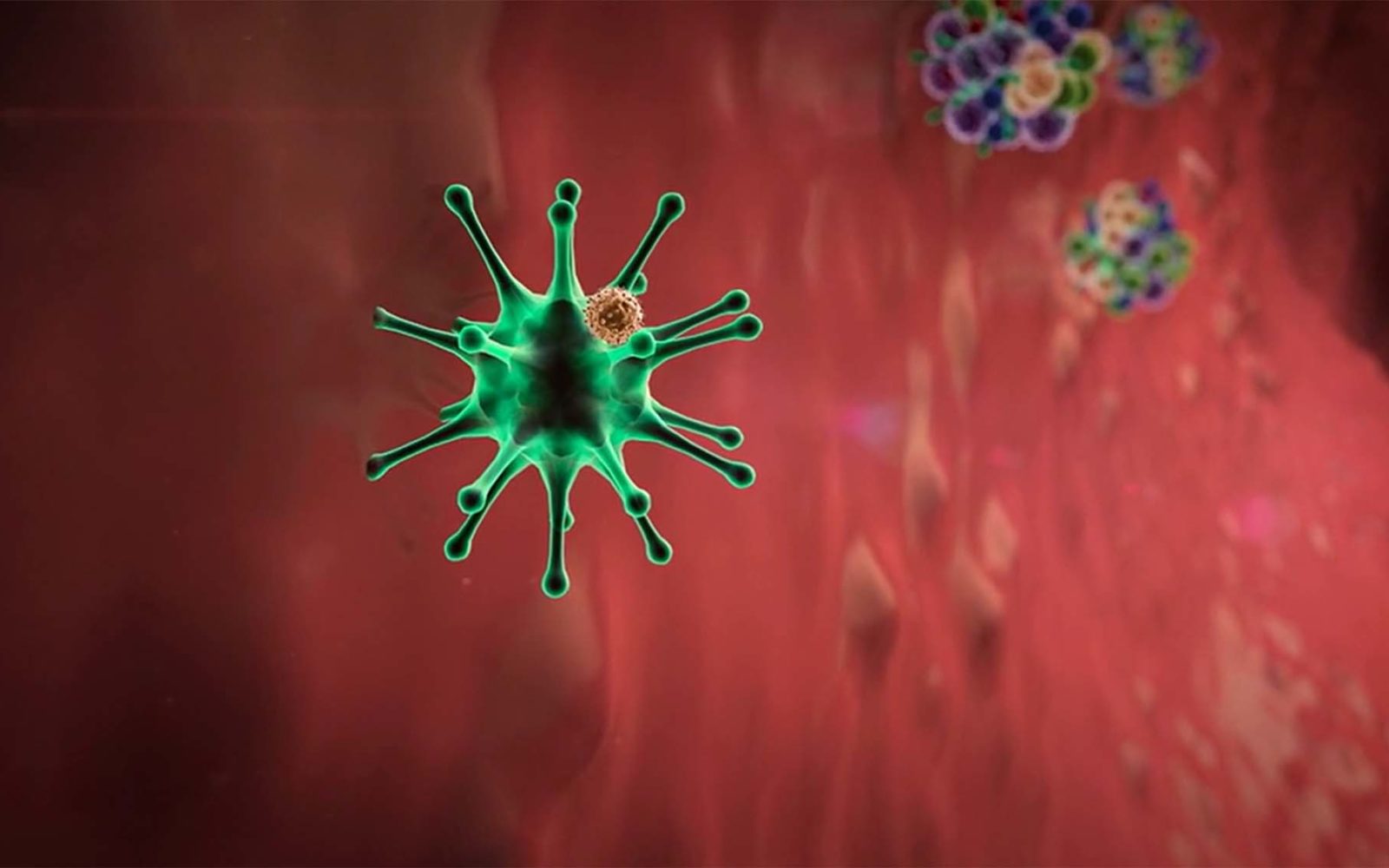People Are Inclined to Hide a Contagious Illness While Around Others, Research Shows

A startling number of people conceal an infectious illness to avoid missing work, travel, or social events, new research at the University of Michigan suggests.
The findings are reported in Psychological Science. Across a series of studies involving healthy and sick adults, 75% of the 4,110 participants said they had either hidden an infectious illness from others at least once or might do so in the future. Many participants reported boarding planes, going on dates, and engaging in other social interactions while secretly sick. More than 61% of healthcare workers participating in the study also said they had concealed an infectious illness.
Interestingly, the researchers found a difference between how people believe they would act when ill and how they actually behave, said Wilson N. Merrell, a doctoral candidate and lead author on the study.
“Healthy people forecasted that they would be unlikely to hide harmful illnesses—those that spread easily and have severe symptoms—but actively sick people reported high levels of concealment regardless of how harmful their illness was to others,” Merrell said.
In the first study, Merrell and his colleagues—APS Fellow Joshua M. Ackerman and PhD student Soyeon Choi—recruited 399 university healthcare employees and 505 students. The participants reported the number of days they felt symptoms of an infectious illness, starting in March 2020, when the COVID-19 pandemic began. They then rated how often they actively covered up symptoms from others, came to campus or work without telling others they were feeling ill, or falsified mandatory symptom screeners that the university had required for anyone using campus facilities.
More than 70% of the participants reported covering up their symptoms. Many said they hid their illness because it would conflict with social plans, while a small percentage of participants cited pressure from institutional policies (e.g., lack of paid time off). Only five participants reported hiding a COVID-19 infection.
In a second study, the researchers recruited 946 participants online and randomly assigned them to one of nine conditions in which they imagined being either moderately or severely sick while in a social situation. In each condition, the risk of spreading the illness was designated as low, medium, or high. (To control for the special stigma associated with COVID-19 at the time, the researchers asked participants not to imagine being sick with that disease.) Participants were most likely to envision themselves hiding their sickness when symptom severity was low, and least likely to conceal when symptoms were severe and highly communicable.
In another study, Merrell and colleagues used an online research tool to recruit 900 people—including some who were actively sick—and asked them to rate the transmissibility of their real or imagined illness. The participants were also asked to rate their likelihood of covering up an illness in a hypothetical meeting with another person.
Results showed that compared to healthy participants who only imagined being sick, those who were actively ill were more likely to conceal their illness regardless of its transmissibility.
“This suggests that sick people and healthy people evaluate the consequences of concealment in different ways,” Merrell said, “with sick people being relatively insensitive to how spreadable and severe their illness may be for others.”
The COVID-19 crisis may have shaped the way the participants thought about concealing an illness, Merrell said, adding that future research could explore how ecological factors (e.g., pandemics) and medical advances such as vaccines influence people’s disease-related behavior. The research team is also expanding this line of investigation to other countries to uncover potential cultural differences in concealment behaviors, he said.
Related content: The COVID-19 Pandemic: A Psychological Science Timeline
Overall, the findings carry significant public health implications, illuminating the motivations and tradeoffs we make in social interactions when we’re sick, Merrell added.
“After all, people tend to react negatively to, find less attractive, and steer clear of people who are sick with infectious illness,” he said. “It therefore makes sense that we may take steps to cover up our sickness in social situations. This suggests that solutions to the problem of disease concealment may need to rely on more than just individual good will.”
Feedback on this article? Email [email protected] or login to comment.
Reference
Merrell, W. N., Choi, S., & Ackerman, J. M. (2024). When and why people conceal infectious disease. Psychological Science, 0(0). https://doi.org/10.1177/09567976231221990
Related content we think you’ll enjoy
-

I, Psychologist: Exploring the Ethical Hurdles and Clinical Advantages of AI in Healthcare
Patients are often resistant to the use of artificial intelligence in healthcare. But AI-assisted care could usher in a new era of personalized medicine.
-

Psychological Science and Public Health: A Perspective from Psychological Scientist Leaders in Federal Government
Two psychological scientists explore methods to improve uptake of public health interventions and invite other researchers to consider how their work can help address public health issues.
-

Friend and Foe: How Inflammation Fights Disease and Fuels Depression
Our immune system uses inflammation to fend off infection and heal injuries, but when this system is overburdened, inflammation can also fuel mental health conditions.





APS regularly opens certain online articles for discussion on our website. Effective February 2021, you must be a logged-in APS member to post comments. By posting a comment, you agree to our Community Guidelines and the display of your profile information, including your name and affiliation. Any opinions, findings, conclusions, or recommendations present in article comments are those of the writers and do not necessarily reflect the views of APS or the article’s author. For more information, please see our Community Guidelines.
Please login with your APS account to comment.